Tag Archives: neural network
30 Dec Context Models

Building a Model The goals of the research that evolved into Understanding Context were twofold: to investigate human physiology/psychology for clues that would let us evaluate neuromorphic computational paradigms; and to explore the possibility of new computational models using context to correlate and associate concepts. Birds fly and they are lightweight. Building models of flight with lightweight materials works […]
01 Oct Methodology or Mythology

Call me a “nut”, but I have always been enthralled by science fiction. An image of Dave, a surprised and confused astronaut from 2001, a Space Odyssey, stays in my mind. In his eyes, I could see his brain working frantically to figure out how to master the situation, and giving way to hopelessness. The […]
19 Mar Neural Networks – Section 3 Intro
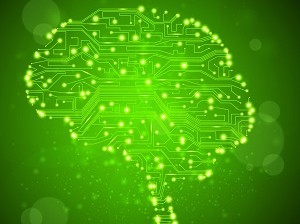
It’s all in your head My posts on Brains and Neurons show us there is a sense of structure and order in the brain. By looking at the brain’s areas, we see how each plays a special role in processing the information necessary to support human cognition and other activities. We’ve looked at neurons and learned that each type has its own components, […]
16 Mar Neurons – Section 2 Intro
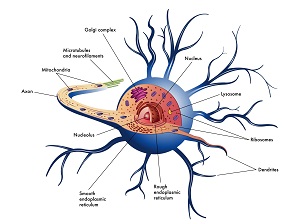
Neurons: Processing Elements or Storage Cells? In the Brains section of this blog, we examine the brain, its areas, and the types of neurons that populate the different layers of some of the brain’s areas. My posts in this segment will turn up the magnification and look a little deeper. What can be seen inside the cells? What is it that […]
10 Mar Biological Brains – Section 1 Intro
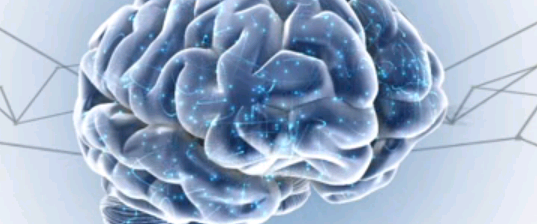
In this segment of the Understanding Context Blog, I will take a high level look at the brain: Its areas, Cell types, And functions. I’ll also explore where the brain stores and processes different types of information, including emotions. Studying the human brain is an important part of this analysis, because biological brains clearly outperform man-made information […]
26 Feb Choosing an Ontology Framework
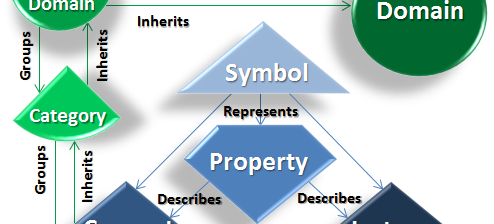
Ontology is a knowledge representation language like Roger Schank‘s Semantic Networks and John Sowa‘s Conceptual Graphs or Doug Lenat‘s Semantic Web. An Ontology framework is the model (structure, function and content definition) in which you choose to build your ontology. Like a Relational Database or an Object Oriented Programming Language, an ontology has defined structures, functions […]
24 Feb Intro to the End of Code

By: Joe Roushar – February 2013 In the Beginning When computer programming began, it consisted mostly of written computer instructions called code. Data was minimal. Decks of dozens to hundreds of punched cards told the computer what to do with the data, which was also encoded on punched cards. The process of writing and debugging code was tremendously tedious. As computing […]
19 Jan Theories on Microtubules’ Function in Thought
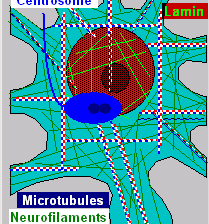
Microtubule Functions Continuing to look inside neurons for the knowledge storage and processing mechanisms, let’s consider what Microtubules do. Microtubules serve many clearly identified functions. These functions include acting as structural members of the cytoskeleton, providing cellular orientation, and guiding membrane and cytoplasmic movements. In addition to these known functions, there is evidence that suggests […]
25 Dec Myelin Sheath Function: Insulators
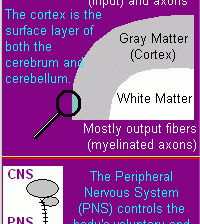
Glial Cells Gray matter / white matter… what really matters? Glial cells form a white myelin sheath around axons and function as the nervous system‘s supporting actors. They are more numerous than neurons – there are over 100 billion neuroglia, many wrapped around the efferent (output) fibers of each nerve cell. They support impulse conduction by […]
22 Dec Modeling Neural Interconnections
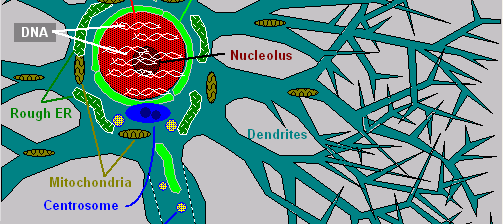
Neuron Branching The characteristic that distinguishes neurons from other types of cells is that they have things sticking out all over them. This phenomenon is called branching or arborization. While all cells are capable of sprouting appendages like cilia or dendrites, only some actually do. Cells that branch do so for specific reasons that are essential […]




